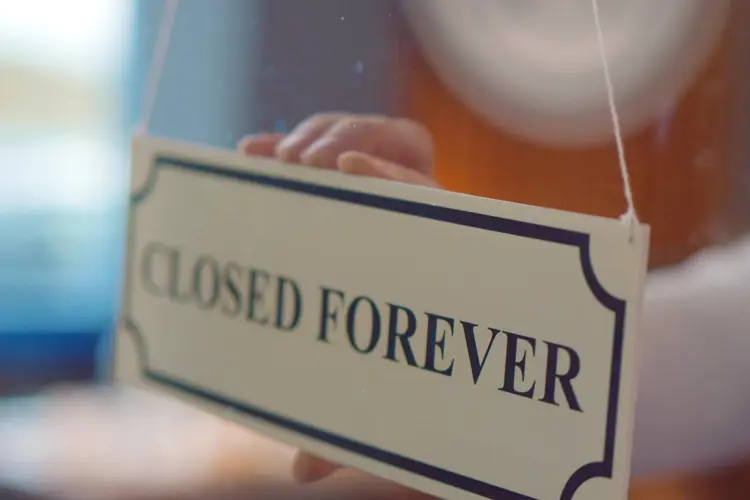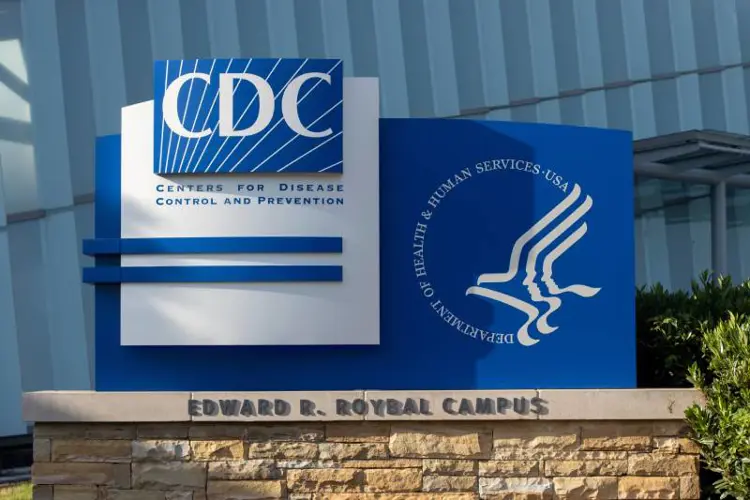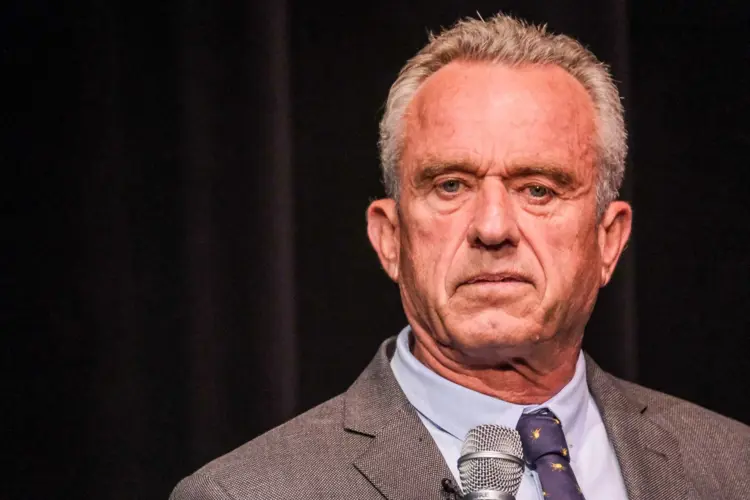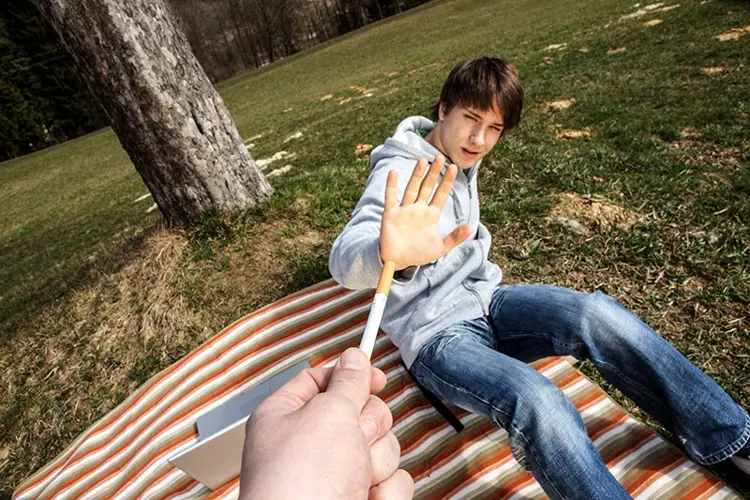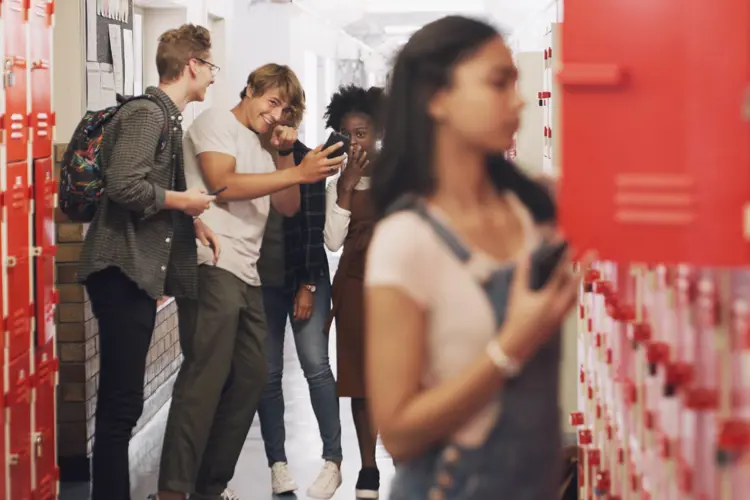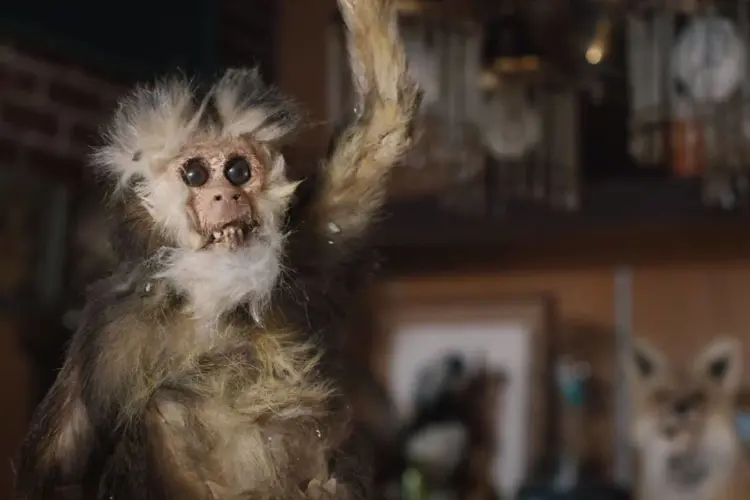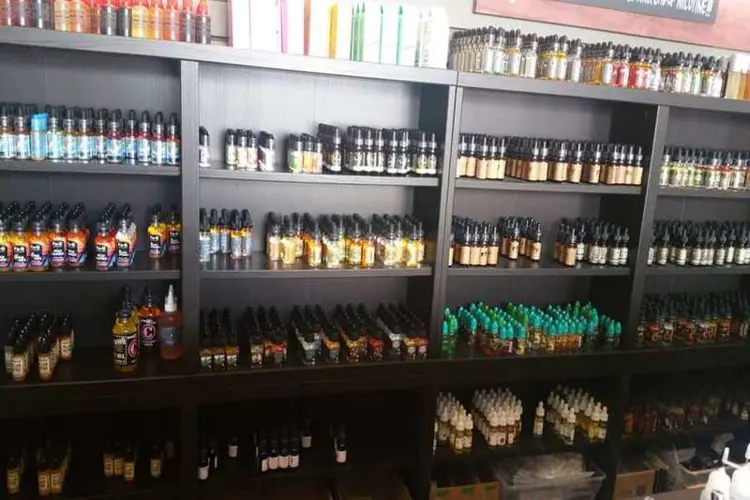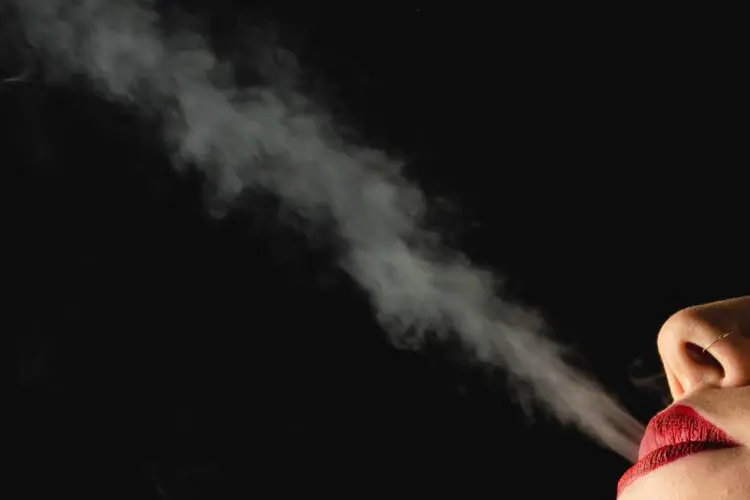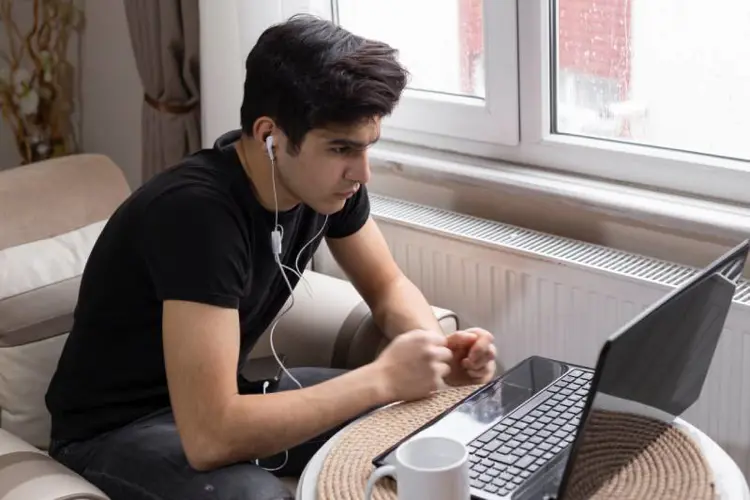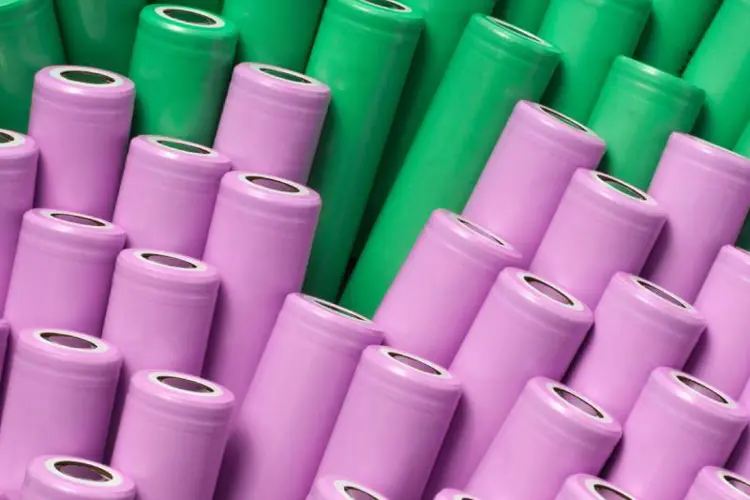A set of humorous vape safety tweets from the Consumer Product Safety Commission is getting a lot of attention. But while the cartoon character Vapo McJuicy wasn’t necessarily created with malice toward vapers, many in the vaping community remember the havoc CPSC caused in 2019.
The tweets, in which a cartoon e-liquid bottle offers safety tips to prevent child nicotine poisoning, launched Wednesday. The first Vapo McJuicy tweet has been retweeted more than 600 times already, and has gotten more than 2,700 likes. They’ve inspired at least one news article.
Vapo McJuicy isn’t the only irreverent character in the CPSC social media arsenal. For about five years, the agency has built a reputation for wacky memes, which have even been archived by the Library of Congress.
The mind behind CPSC’s use of cartoons and Photoshop manipulations to publicize safety practices belongs to Joseph Galbo, hired in 2016 as the agency’s social media specialist. Galbo told The Daily Beast that the meme aesthetic was deliberate—a “more lighthearted approach” that “would still spread the message of safety.”
I heard @FDATobacco gave Vapo McJuicy an MDO. https://t.co/XazeE8ZbOI
— Amanda Wheeler (@amandawheeler32) April 20, 2022
But small e-liquid manufacturers remember CPSC for something other than comedy. The agency came close to putting them out of business.
CPSC has had regulatory authority over e-liquid packaging since 2016, when the Child Nicotine Poison Prevention Act was passed by Congress. However, the act was mostly forgotten as soon as President Obama signed it into law, because the vaping industry and consumers were otherwise occupied at the time—with the nightmare of the newly announced FDA Deeming Rule.
But three years later, the agency earned the wrath of vapers and vape manufacturers when it announced out of the blue that it would enforce a little-known section of the Poison Prevention Packaging Act on bottled e-liquid. The reason the rule is little known is that until 2019, the “restricted flow requirement” had only been applied to furniture polish—not to bleach or over-the-counter drugs, or any other product that causes large numbers of accidental poisonings every year.
The requirement threatened to put every manufacturer out of compliance with FDA rules by forcing them to change their packaging after the Aug. 8, 2016 cutoff date for vape product changes. E-liquid producers were forced to decide whether to violate FDA rules or CPSC rules, because compliance with either one would force a violation of the other.
I love how all of these look like they were made by a wine mom using ms paint
— Ya🅱️oiVexedjman (@ItsYaBoiVexed) April 20, 2022
While CPSC began enforcing its rules with aggressive vape shop inspections, the FDA dawdled for almost eight months before finally giving vape manufacturers permission to change their e-liquid bottles to be in compliance with CPSC guidelines. Meanwhile, CPSC inspectors had forced many retail vape shops to take most of their products off the sales floor—and sometimes to dump them down a drain while the inspector watched (thus violating Environmental Protection Agency rules).
Actual poisonings from e-liquid consumer negligence are virtually unknown, although calls to poison control centers reporting some kind of exposure happen a few thousand times a year. Most of those calls don’t involve a dangerous quantity of nicotine-containing vape juice ingested, because e-liquid actually tastes horrible, despite the public belief that it's fruity and delightful.
Drinking enough commercial e-liquid to cause harm would be very difficult, because even small amounts of nicotine provoke a gag response and cause vomiting. The more serious risk is high-strength nicotine base used for DIY mixing. Indeed, the only known deaths of children from nicotine poisoning—four worldwide—were caused by home mixers leaving bottles of 100 mg/mL (or stronger) nicotine base open and accessible to kids.
The fact that few actual poisonings occur doesn’t mean, of course, that vapers shouldn’t be cautious if there are children or pets in the house. Bottle-tops should be turned until the child-resistant cap clicks into place, and all e-liquid should be stored in a safe place, out of reach. We're with Vapo McJuicy when it comes to e-liquid safety.
The Freemax REXA PRO and REXA SMART are highly advanced pod vapes, offering seemingly endless features, beautiful touchscreens, and new DUOMAX pods.
The OXVA XLIM Pro 2 DNA is powered by a custom-made Evolv DNA chipset, offering a Replay function and dry hit protection. Read our review to find out more.
The SKE Bar is a 2 mL replaceable pod vape with a 500 mAh battery, a 1.2-ohm mesh coil, and 35 flavors to choose from in 2% nicotine.
Because of declining cigarette sales, state governments in the U.S. and countries around the world are looking to vapor products as a new source of tax revenue.
The legal age to buy e-cigarettes and other vaping products varies around the world. The United States recently changed the legal minimum sales age to 21.
A list of vaping product flavor bans and online sales bans in the United States, and sales and possession bans in other countries.







